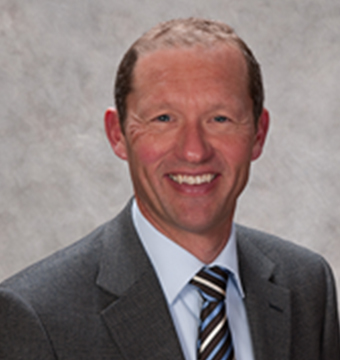
We frequently discuss pain, depression, anxiety, addiction and the ways our medical industrial complex sells sickness and risky interventions as simple solutions to “fix you!”I recently listened to Johann Hari discussing his book Lost Connections ( on the Ezra Klein show).There are some that disagree with his analysis of societal influences on mental health, though I found many of his arguments to be compelling.I was struck by his perceptive discussion of our modern culture, driven by external rewards, which is making us more unhappy.There is no question that adults in our society we are getting less happy.Additionally, our rates of anxiety, depression, and chronic pain continue to rise.A key causative factor to depression and anxiety is loneliness. In a generation we have gone from having 5 close friends, i.e. the ones you can talk to honestly and vulnerably about life, to many having only one!
At this same time we are losing connection with our natural world by spending less time outside and unconnected to devices.A stunning example in the UK is that the average childs spends less time outdoors than an inmate in a maximum security prison.
As physical therapists we have witnessed the rise of chronic pain, anxiety, depression, and addiction.We are being called to be proactive in the healing of our fellow human beings.Our message has to counteract the negative stories that are patients are broken and in need of new parts, more chemicals, or the removal of offending tissues.As we continue to walk with our clients, we need to walk with them outside and couple movement with a discussion to help to illuminate their unmet needs.These needs often include loneliness and the loss of a community of close friends. Authentic conversations, mutual trust, and being human has never been needed more.

––– Comments
N Moppett
Commented • September 27, 2018
Dr Tim Flynn, is it possible to email you directly for some advice please? I have been listening to your podcast on Curable about the bio psycho social approach to pain and have some questions. I feel it could be really good for me as I have been struggling with chronic pain caused by anxiety for about 18 months now. I'm not getting anywhere with traditional approaches. Please let me know if there's some way to get in touch further, email or Skype etc? I am based in the UK. I'd be very happy to pay for a telephone/Skype/Facetime consultation as I feel you may be the missing link I've been looking for. Thank you in advance for any help or advice you may be able to provide. N
John Zapanta
Commented • April 30, 2018
Enlightening & timely post Tim! Shocked to read about how the average child spends less time outdoors than an inmate in a maximum security prison! Unmet Needs: Disconnected to community & disconnected to the outdoors . Physical Therapists can help people re-connect back into their bodies again, re-connect back into community, and re-connect back into the outdoors!
Tim Flynn PT PhD
Commented • April 27, 2018
Kory & Paul thanks for your comments. One of my favorite Nouwen quotes is "When we honestly ask ourselves which person in our lives means the most to us, we often find that it is those who, instead of giving advice, solutions, or cures, have chosen rather to share our pain and touch our wounds with a warm and tender hand." In my opinion, great manual practitioners listen intently and when using their hands the initial touch is one of asking versus telling.
Paul Potter
Commented • April 27, 2018
Tim, I'd like to share from this week's reading from Henri Nouwen's book, Reaching Out. "... healing means, first of all, the creation of an empty but friendly space where those who suffer can tell their story to someone who can listen with real attention" All the technocratic streamlining in healthcare has forced a "professional loneliness" that diminishes our interest in emotionally connecting with our patients. Perhaps we need the human connection just as much as our patients do.
Kory Zimney
Commented • April 23, 2018
Tim, thanks for a great post and reminder. The social aspects of around persistent pain do not get the press or research attention that the biological and psychological aspects do. But within a biopsychosocial model it needs to get at least equal billing (my gut tells me it maybe is the biggest player). Changes found in our social structures have continually been evolving. A great read (even though it is almost 20 years old) is the book: Bowling Alone by Robert Putnam. He points to changes in our social environment as the turn of the century hit comparing it to previous decades, reading it gets you to think how the last 2 decades have seen these changes even more into isolation and away from socialization.
Brad Newton, DPT, MBA
Commented • April 20, 2018
Great post Tim! As a home health PT, loneliness is a rampant issue in the homebound population. To show a person that it’s okay to move and that it can make them feel good is hugely rewarding. But, alongside this therapy aspect of our work, your last line in this post hits the homerun: patients need this authentic conversation, mutual trust, and to help them feel human again. We as PT’s are poised and have the unique opportunity to assist in providing these valuable non-tangibles in any setting we work in. Thanks for sharing.